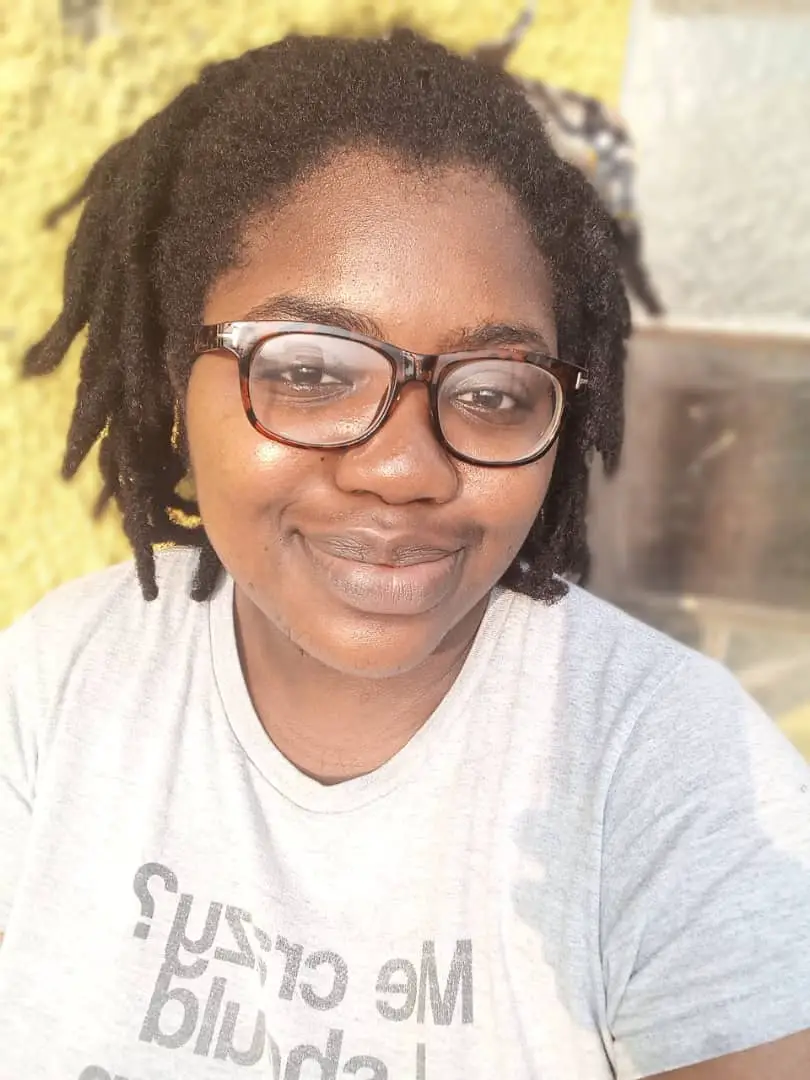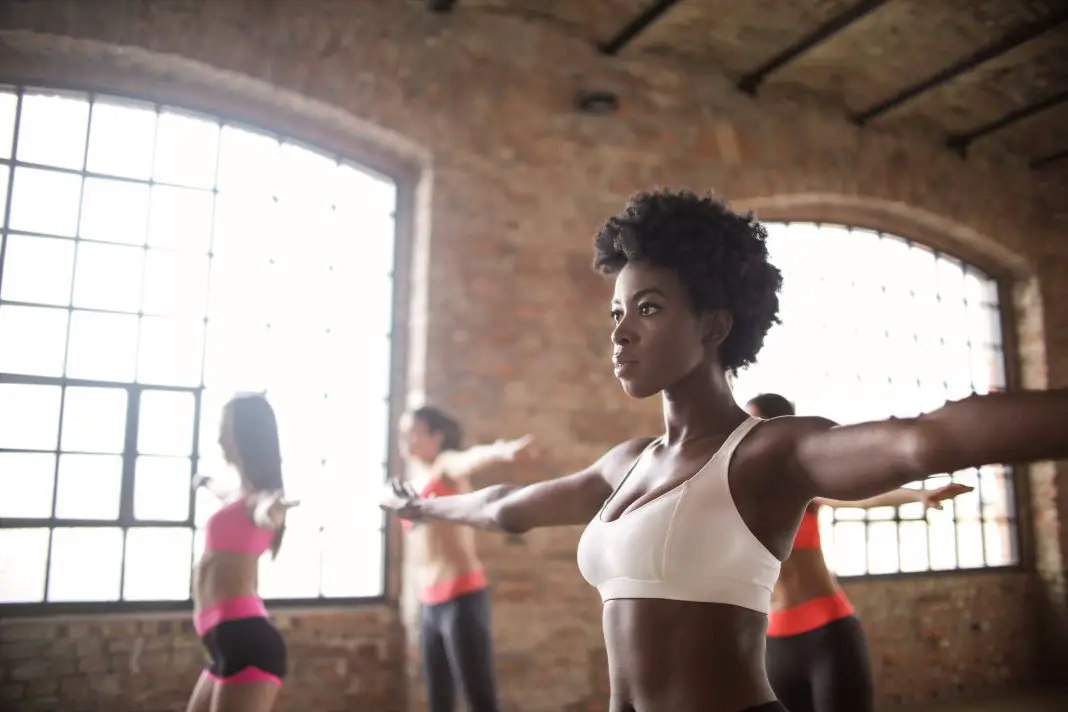Although 2020 was generally a shitty year for most of the world and me too, when I look back at 2020, I think of it as the year that a lot of women in my age range and I found the courage to publicly out men who had abused us.
For one, 2020 saw women in my ex university start a very big trend of calling out abusers in the two campuses online. Prior to that, the only time sexual harassment of students was seen online, was when students were being harassed by male lecturers.
But in 2020, popular boys who were known and loved on campus were outed as rapists and abusers. No matter the responses, one thing I loved was that even girls who were not in my university found the courage to speak on what they faced in the hands of those same boys.
Speaking of responses, one of such responses intended to shut women up, was that we should consider the “mental health” and “future careers” of the men and boys we were outing.
Not just that, even when these men offered pathetic responses to our accusations, many men were in their comment sections telling them not to kill themselves.
Some even went as far as praising those who had “apologised” to us and telling these pervasive abusers that they had done the right thing and should focus on putting their lives back. There was no sympathy to the women who had to deal with feelings of lifelessness for more than a year after experiencing rape and abuse. All they were concerned with was these silly abusers putting themselves together and carrying on with peace of mind to abuse more women.
I have often thought of the above scenarios and experiences each time I see women being told to place the feelings, family members and jobs of abusers over and above their ability to voice out the pain and heal.
For example, when software developer Chizom Echehieuka was outed for soliciting sex for software roles from underaged girls on Twitter, one of the major disgusting things I saw was people getting angry with the women who outed him.
They were angry that they had not taken into cognizance the feelings of his wife before doing so. Let us if we can, forget the subtle implication that wives must bear the shame of abusive husbands seen in that statement. Why weren’t these men and women interested in protecting the feelings of the young women that Chizom Echehieuka was exploiting and preying on? Aren’t these girls worthy of protection or is it only women who are wives whose feelings must be protected publicly?
To further understand why society is hell bent on protecting the “mental health” and feelings of abusers over and above those of their victims, I spoke to a few women.
Speaking with Efe, a writer, she explained that abuse survivors are made to think of their abuser’s reputations because of the patriarchal world we live in where men’s feelings take center stage. To quote her: “They ask the victims to think of the man, because it’s a patriarchy, so obviously the man’s ego comes first.”
The effects of telling women to think about their abuser’s feelings and reputations has been true in the lives of women like Rachael. She relayed a personal story of how she was told to brush aside an attempted rape case from a pastor by everyone around her.
In her words: “So when I was 15 and was trying to enter the university, a neighbor promised to help with the admission process (what we can “runs”).
The day before I was to write the PostUtme exams, he invited me to his house because he had something important to tell me. I went of course, and he tried to rape me. I only escaped by biting his arm so hard he had to let go. I still know it was just luck.”
Rachael continued by saying: “To my greatest shock, everyone I told about this (my parents, childhood friends, another neighbor) told me to just let it go because not only was he a pastor, he had a wife, kids, and a respectable job. ‘What if he loses everything?’ They kept asking me.
People did not see my abuse, or maybe they saw it and were more concerned with how the abuser’s life would turn out. This was a very painful experience. Worse, he went on to harass more young girls in the estate and he is STILL doing well.”
For Shalom, a writer, she added that the shaming of the abuser’s wife may be because we are overly sentimental about issues.
To quote her: “I feel it is because we are overly sentimental even when she shouldn’t be. Every part of the abuser’s shame is his and his alone. I feel that stupid sympathy also comes into play and there is this concept of repentance that people blindly feel erases the consequences of his actions. People think, so he raped and killed yes, but is he remorseful and repentant? If yes then please forgive him.”
If we must see true change happen for women in our society, then we must prioritise women’s safety, wellbeing and health over and above the “mental health” of men dedicated to being abusers.
When there is collective effort in the community regarding the safety of young female children, then the wives of abusers will not be willing to stay on with husbands who prey on little children because they too would experience praise for leaving a man like that.

Angel Nduka-Nwosu is a writer, journalist and editor. She moonlights occasionally as a podcaster on As Angel Was Sayin’. Catch her on all socials @asangelwassayin.


